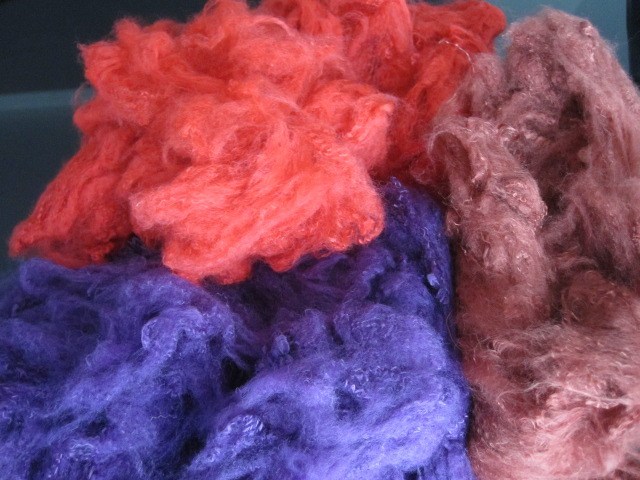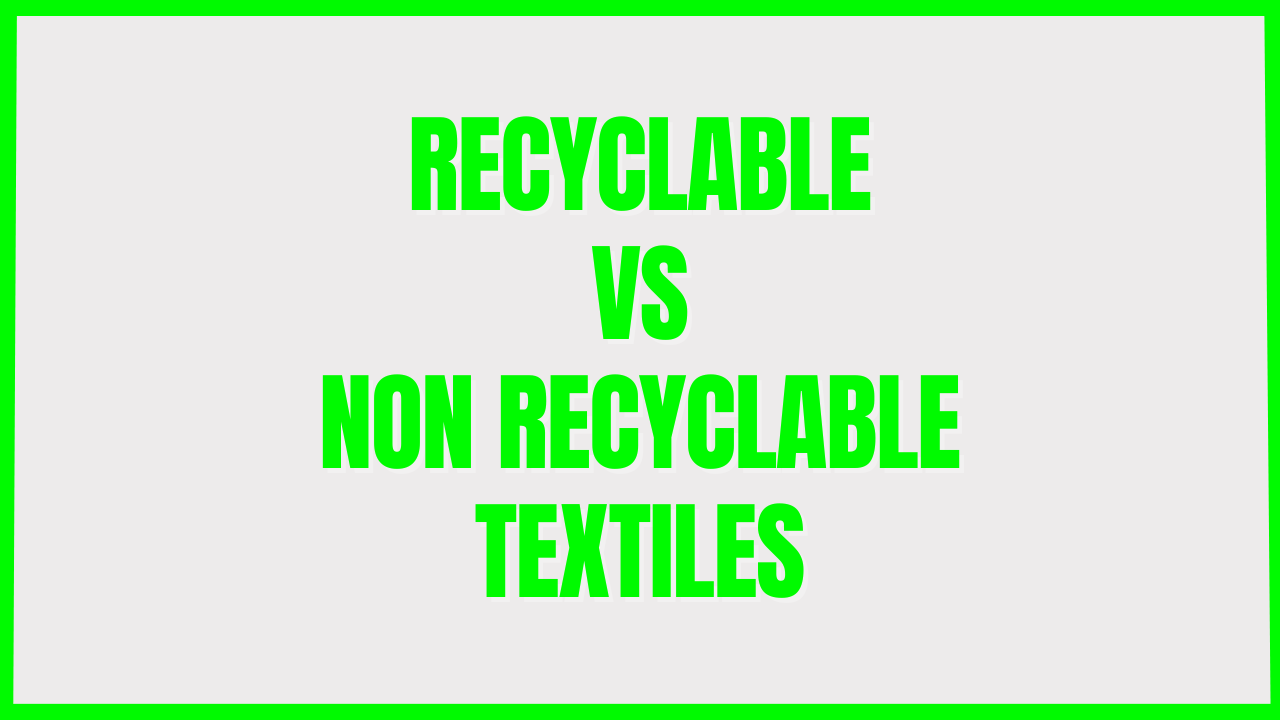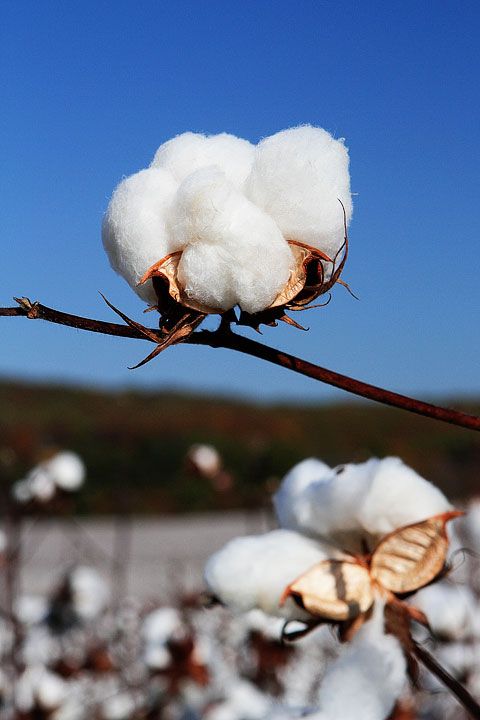Textiles play a significant role in our daily lives, from the clothes we wear to the linens we use. Understanding the recyclability of textiles is crucial for sustainable waste management and environmental conservation.
This comprehensive guide will provide an in-depth exploration of recyclable and non-recyclable textiles, including their characteristics, environmental impact, and potential recycling methods.
Recyclable Textiles
Recyclable textiles are materials that can be processed and reused to create new products.
These textiles are typically made from natural fibers such as cotton, wool, silk, and linen, as well as certain synthetic fibers that can be broken down and repurposed.
The recyclability of textiles depends on factors such as fiber composition, dyeing processes, and finishing treatments.
- Cotton: Cotton is one of the most widely used natural fibers in textile production.
It is biodegradable and can be recycled through mechanical or chemical processes. Recycled cotton can be used to make new garments, household items, and industrial products. - Wool: Wool is a natural fiber known for its durability and insulating properties.
It is biodegradable and can be recycled by shredding old wool garments to create new yarn or fabric.
Recycled wool is commonly used in the production of blankets, carpets, and insulation materials. - Linen: Linen is derived from the flax plant and is valued for its strength and moisture-wicking properties.
It is biodegradable and recyclable, with recycled linen being used in the manufacturing of paper, insulation materials, and eco-friendly packaging. - Silk: Silk is a luxurious natural fiber produced by silkworms.
While silk is not as commonly recycled as other natural fibers, efforts are being made to develop recycling processes for silk textiles to reduce waste in the fashion industry.
Recyclable Synthetic Fibers: Certain synthetic fibers such as polyester and nylon can be recycled through mechanical or chemical processes to create new textile products.
Recycled polyester, for example, is used in the production of activewear, outerwear, and home textiles.
Non-Recyclable Textiles

Non-recyclable textiles, also known as non-biodegradable or synthetic fabrics, are materials that do not break down easily in the environment.
These materials are commonly used in the production of clothing, home furnishings, and other consumer goods.
The increasing consumption of these products has led to a growing concern about their environmental impact, particularly in terms of waste management and pollution.
- Polyester: A synthetic fiber made from petroleum-based polymers, polyester is widely used in clothing, home textiles, and carpets.
It is non-biodegradable and can take hundreds of years to decompose. - Nylon: Another synthetic fiber derived from petroleum, nylon is commonly used in clothing, carpets, and upholstery.
Like polyester, it is non-biodegradable and persists in the environment for an extended period. - Acrylic: A man-made fiber created from synthetic polymers, acrylic is often used in clothing, blankets, and carpets.
It is non-biodegradable and can contribute to environmental pollution. - Rayon: A semi-synthetic fiber produced from natural cellulose fibers, rayon is often used in clothing and home textiles.
While it is technically biodegradable, the process is very slow, and it can still contribute to environmental issues.
Spandex: A synthetic fiber known for its elasticity, spandex is commonly used in athletic wear and swimsuits.
It is non-biodegradable and can take hundreds of years to decompose.
Environmental Impact of Non-Recyclable Textiles
The environmental impact of non-recyclable textiles is significant and multifaceted. Some of the key issues include:
- Landfills: As these materials are not biodegradable, they can accumulate in landfills, leading to space constraints and the release of greenhouse gasses like methane.
- Microplastics: When synthetic fabrics are washed, they release microplastic particles into the environment.
These particles can enter waterways and accumulate in the food chain, posing risks to aquatic life and potentially humans.
- Water pollution: The production of non-recyclable textiles often involves the use of chemicals and dyes, which can contaminate water sources when released into the environment.
- Energy consumption: The production of synthetic fabrics requires significant amounts of energy, contributing to greenhouse gas emissions and climate change.
Environmental Impact of Textile Recycling
Textile recycling offers numerous environmental benefits, including reducing landfill waste, conserving natural resources, minimizing energy consumption, and lowering greenhouse gas emissions associated with textile production.
Recycling Methods for Textiles
Several methods are employed for textile recycling:
- Mechanical Recycling: Involves shredding or cutting textiles into smaller pieces that are then processed into new yarns or fabrics.
- Chemical Recycling: Utilizes chemical processes to break down textiles into their basic components for creating new fibers or materials.
- Upcycling: Involves transforming old or discarded textiles into higher-value products through creative design and craftsmanship.
In conclusion, understanding the recyclability of textiles is essential for promoting sustainable practices within the fashion and textile industry.
By prioritizing the use of recyclable materials and investing in innovative recycling technologies, we can work towards a more circular and environmentally conscious approach to textile production and consumption.

